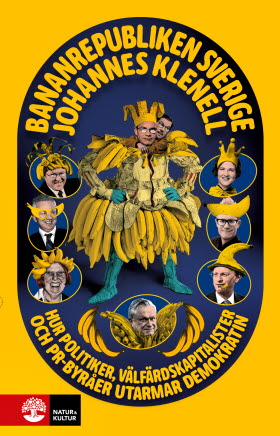Motiverande samtal
Att hjälpa människor till förändring och utveckling, 4:e utg.


Denna fjärde utgåva av grundboken i motiverande samtal (MI) är helt omarbetad och speglar ytterligare ett decenniums forskning och utveckling.
Läs mer...




